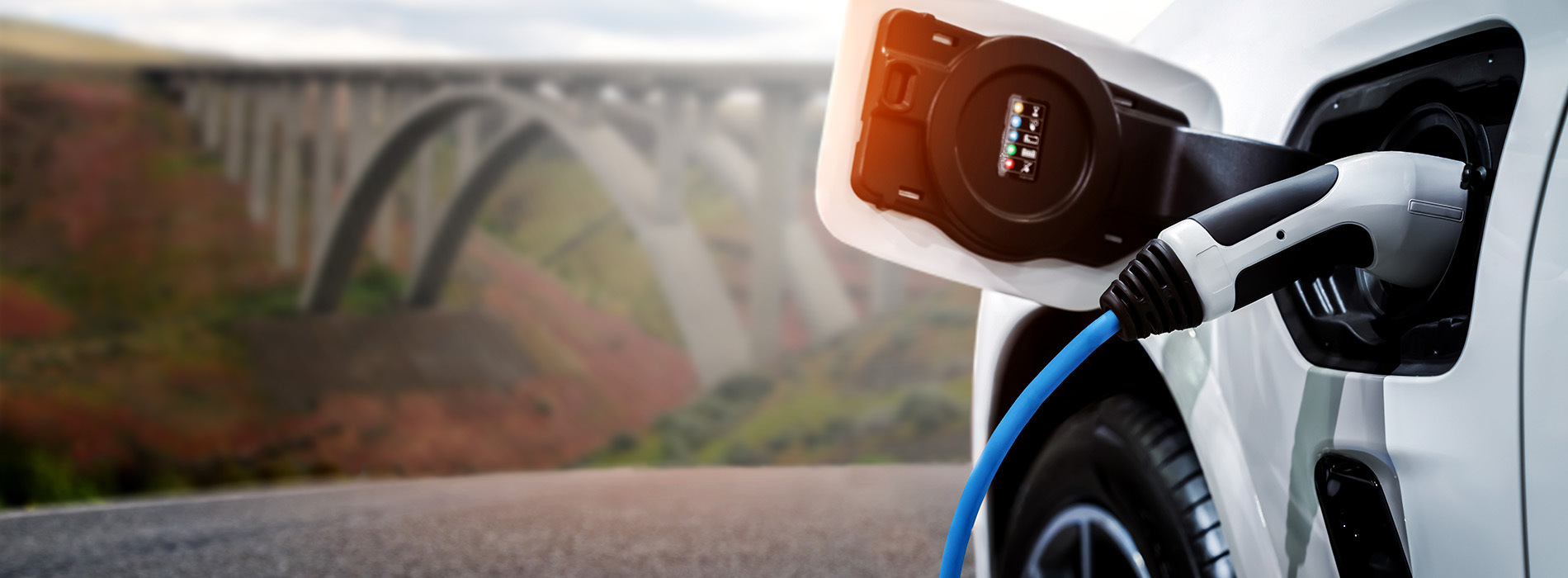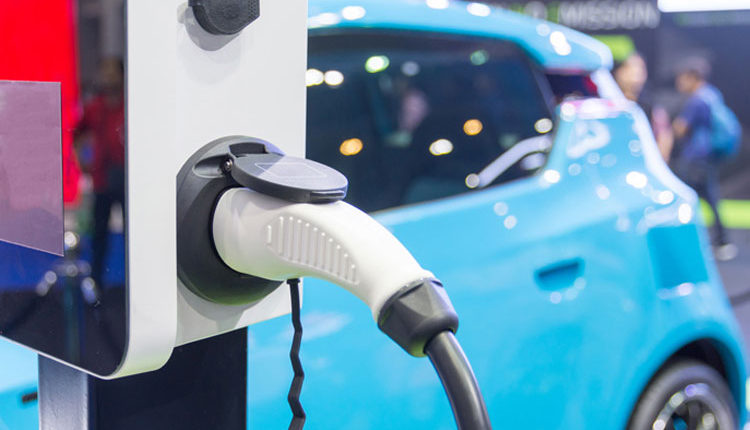Expert Opinions and Market Insights When You Buy EV Charging news
Expert Opinions and Market Insights When You Buy EV Charging news
Blog Article
New Dope in EV Charging: How the Market Is Progressing to Fulfill Demand
As the electrical vehicle (EV) market remains to increase, the billing framework is undertaking substantial makeovers to attend to the rising need. Secret developments in ultra-fast billing modern technologies, coupled with smart grid integration, are improving the landscape. Innovations in battery modern technology pledge improved efficiency and sustainability. The pursuit of international charging criteria stays a critical aspect in enabling smooth user experiences and extensive fostering. The ramifications of these innovations increase vital concerns concerning the future of EV charging and its duty in the broader power ecosystem.
Development of Billing Framework
The fast growth of electrical vehicle (EV) billing infrastructure is an essential element in helping with the prevalent fostering of electrical movement. As governments, exclusive business, and customers significantly identify the relevance of reducing carbon emissions, investments in charging networks have actually risen. This facilities growth is important to minimize range stress and anxiety, guaranteeing that EV users have hassle-free access to charging stations.
Considerable advancements accountable terminal technology and deployment strategies have emerged. Urban locations are seeing a proliferation of public charging terminals, while country areas are gradually being integrated into the charging network. Collaborations in between automotive suppliers and billing suppliers are coming to be extra usual, facilitating the establishment of thorough networks that boost user experience and access.
On top of that, the integration of renewable resource sources right into charging terminals is gaining momentum, promoting sustainability in the EV environment. This shift not only supports environmental objectives yet also straightens with the rising need for environment-friendly energy options amongst customers.
Ultra-Fast Charging Technologies
Ultra-fast charging modern technologies represent a substantial leap onward in the EV charging landscape, allowing electric cars to charge in a portion of the moment compared to typical billing approaches. These advancements commonly deliver power levels going beyond 150 kW, with some systems rising to 350 kW or even more, drastically minimizing billing times to as little as 15-30 minutes for a substantial fee.
Key allowing innovations include improvements in battery chemistry, power electronic devices, and thermal administration systems. As an example, high-capacity batteries with improved thermal security enable faster charging without overheating. Additionally, advancements in charging facilities, such as liquid-cooled wires and modular charging terminals, help with effective power transfer, improving the overall user experience
Major automobile manufacturers and innovation companies are actively investing in ultra-fast billing networks, recognizing the essential function they play in getting over array anxiety and increasing the adoption of electrical automobiles. As these technologies come to be more widely available, the EV market is expected to witness substantial development, making electrical mobility a much more appealing option for consumers. On the whole, ultra-fast billing modern technologies are pivotal fit the future of lasting transportation, leading the way for a much more considerable and efficient charging environment.
Smart Grid Assimilation

With need feedback strategies, wise grid systems can adjust charging schedules based upon grid conditions and electrical power pricing. Throughout periods of high demand, billing can be delayed to off-peak hours, resulting in reduced prices for customers and decreased strain on the grid. In addition, vehicle-to-grid (V2G) innovations allow EVs to release power back into the grid, giving ancillary services and enhancing grid stability.
Integration with sustainable energy resources additionally boosts the sustainability of EV charging. By lining up billing activities with durations of high solar browse around here or wind generation, smart grids advertise a greener charging facilities. Inevitably, wise grid combination not only sustains the growing demand for EVs but additionally adds to a much more durable and sustainable energy future, placing the industry for long-lasting success.
Battery Technologies
Among the rapid evolution of electric cars (EVs), battery innovations stand at the forefront, driving developments in efficiency, efficiency, and sustainability. As the need for EVs surges, suppliers and researchers are concentrating on enhancing battery technologies to deal with challenges such as array anxiousness and billing times.
Lithium-ion batteries continue to be one of the most widely made use of technology, yet new materials and chemistries are arising to improve energy thickness and durability. Solid-state batteries, as an example, promise greater power storage space capacity and enhanced security by changing liquid electrolytes with strong ones. This change might significantly reduce the risk of fire and increase the life expectancy of batteries.
Additionally, improvements in battery recycling processes are crucial for sustainability. Business are developing methods to recover useful materials like lithium, cobalt, and nickel from made use of batteries, promoting a round economic climate and minimizing environmental influence.

Worldwide Charging Criteria

Efforts are underway to develop international charging criteria that promote compatibility amongst numerous EV designs and billing terminals. Organizations such as the International Electrotechnical Commission (IEC) and the Culture of Automotive Engineers (SAE) are functioning collaboratively with vehicle producers and power suppliers to create detailed standards. EV Charging news. These requirements aim to improve the billing procedure, minimize the requirement for several adapters, and enhance customer experience
Furthermore, standardization can dramatically boost the growth of the billing network, as it urges investment by making infrastructure development a lot more predictable and effective. As the EV market matures, a unified method to charging requirements will be crucial for making certain that customers can charge their vehicles conveniently and reliably, thus sustaining the more comprehensive transition to lasting transportation.
Conclusion
The electric car billing market is undergoing considerable change to attend to the surging need for sustainable transport. Improvements in charging framework, ultra-fast modern technologies, smart grid integration, and innovative battery options are essential in enhancing customer experience and functional efficiency. The quest of worldwide charging standards is essential for ensuring interoperability throughout different regions and systems. Jointly, these growths position the industry to support a more comprehensive fostering of electrical cars, eventually contributing to an extra sustainable future.
Urban locations are seeing a proliferation of public charging stations, while country regions are slowly being integrated into the charging network. In addition, developments in billing framework, such as liquid-cooled cords and modular charging terminals, help with effective power transfer, boosting the total user experience.
Generally, ultra-fast billing technologies are critical in shaping the future of lasting transport, leading the means for a more substantial and reliable charging ecological community. - EV Charging news
By lining up charging tasks with durations of high solar or wind generation, clever grids advertise a greener billing facilities.Initiatives are underway to develop international billing requirements that assist in compatibility amongst various EV designs and billing terminals.
Report this page